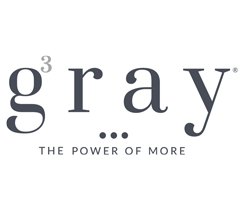CSA Group updates propane codes
CSA Group, a standards development organization and a provider of testing and certification services, announced new editions to its propane installation code and propane storage and handling code.
The updated codes are CSA B149.1-15, the natural gas and propane installation code, and CSA B149.2-15, the propane storage and handling code.
According to CSA Group, which provides indicators that propane products were independently tested and meet the required standards for safety and performance, this is the 15th edition of CSA B149.1-15 and the 11th edition of CSA B149.2-15. CSA Group says regulatory authorities across Canada reviewed the codes, which every Canadian province and territory is expected to adopt into law.
According to CSA Group, B149.1-15 applies to the installation of:
- Appliances, equipment, components and accessories where gas is to be used for fuel purposes
- Piping and tubing systems extending from the termination of the utility installation or from the distributor’s propane tank
- Vehicle-refueling appliances and associated equipment meeting the requirements of a general-purpose appliance to fill a natural gas-fueled vehicle and
- Stationary gas engines and turbines.
B149.2-15 applies to:
- The storage, handling and the transfer of propane
- Propane used as an engine fuel in non-highway vehicles
- The installation, operation and maintenance of containers and equipment to be used for propane at customer locations, in distribution locations and in filling plants.
CSA says the latest editions of the codes include:
- An updated scope that provides guidance on metallic fittings, stainless steel tubing, pressure regulators for propane vehicle use, direct gas-fired process air heaters and more
- Consolidated clauses from other codes in the B149 series to make the code more comprehensive and streamlined
- Simplified references and definitions that allow for improved applications in the codes’ clauses.
















